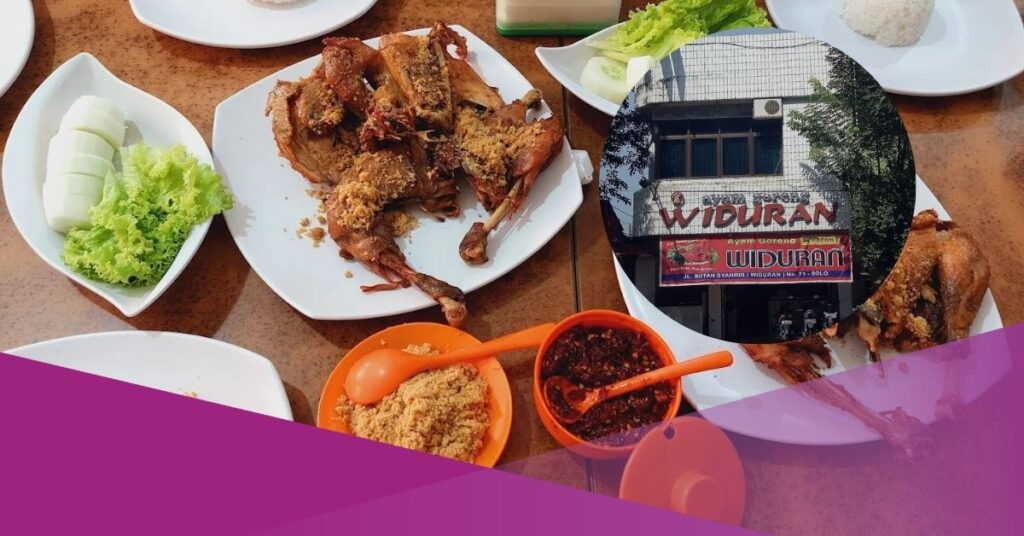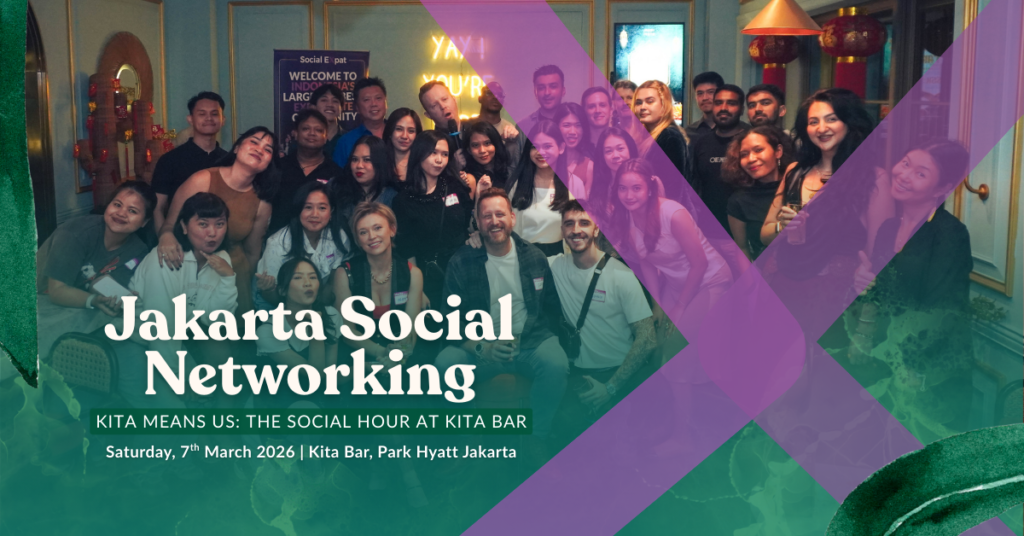A long-standing Indonesian restaurant in Solo, Central Java, Ayam Goreng Widuran, is under public scrutiny after admitting to using pork oil in one of its dishes.
The revelation sparked backlash from customers, particularly Muslim patrons, as the restaurant has been in operation since 1973 without previously indicating its food was non-halal.
The controversy erupted after the issue gained traction on social media. Many netizens expressed their disappointment, noting that they and their families, unaware of the ingredients, had frequently eaten at the establishment.
“Huh, seriously? That’s my family’s favourite. There was no non-halal label. But how come the staff said nothing when my hijabi family ate there?” commented one netizen.
“I used to buy it, but then a friend told me it was non-halal. After that, I never went back,” added another.
Restaurant Responds and Government Steps In
Following the public outcry, the Indonesian restaurant management issued an official apology through its Instagram account, @ayamgorengwiduransolo:
Lihat postingan ini di Instagram
Sebuah kiriman dibagikan oleh AYAM GORENG WIDURAN (@ayamgorengwiduransolo)
“To all customers of Ayam Goreng Widuran,
We apologise profusely for the uproar that has been circulating on social media lately. We understand that this has caused unrest in the community.
As a first step, we have clearly stated NON-HALAL in all our outlets and official social media.
We hope that the public can give us the space to improve and fix everything in good faith.
Sincerely,
Widuran Fried Chicken Management.”
An employee of the restaurant, Ranto, confirmed that the item in question is the ayam goreng kremes (crispy fried chicken), which allegedly contains pork oil in the crumb topping. He said announcements were made through physical banners, social media, and Google Maps updates.
“I have been informed that it’s non-halal. The viral item is the kremes. Most customers are non-Muslim, but Muslims have been given clarification,” Ranto explained when interviewed on Saturday (24 May 2025).
Temporary Closure and Official Investigation
In response, Solo Mayor Respati Ahmad Ardianto ordered the restaurant to close temporarily pending further evaluation.
“This is to maintain religious harmony, and more importantly, to protect consumer rights. Consumers must be informed accurately about the products they consume,” he stated, as reported by Detiknews.
The Food and Drug Monitoring Agency (BPOM) also responded. Head of BPOM, Taruna Ikrar, said they would cooperate with the Halal Product Assurance Agency (BPJPH) to conduct laboratory tests.
“Our role is to assist BPJPH in verifying whether the content contains pork, gelatin, or other non-halal substances,” said Taruna.
He clarified that BPOM is not authorised to determine whether a product is halal or haram — that decision rests with BPJPH.
Deputy of BPJPH, H. EA Chuzaemi Abidin, criticised the restaurant for lacking transparency and warned that such actions could mislead Muslim consumers. He suggested that affected members of the public could consider filing a class action lawsuit.
“This falls under a serious violation based on Government Regulation Number 42 of 2024, which mandates that any use of non-halal ingredients must be clearly labelled,” said Chuzaemi.
Solo Authorities to Expand Food Safety Monitoring
The Solo City Government plans to inspect other Indonesian restaurant that may not be clearly indicating non-halal content. Agus Santoso, Head of the Solo Trade Office, stated that inspections would be coordinated with the Agriculture and Fisheries Office.
“We’re coordinating with Dispangtan. Today we’re holding a meeting, and tomorrow we’ll begin assessing stalls flagged for potentially being non-halal,” Agus said, as reported by Kompas.com.
He added, “This incident could have been avoided if the restaurant had labelled their food non-halal from the beginning. We don’t want shop owners to be frightened during inspections. What matters is transparency.”


































